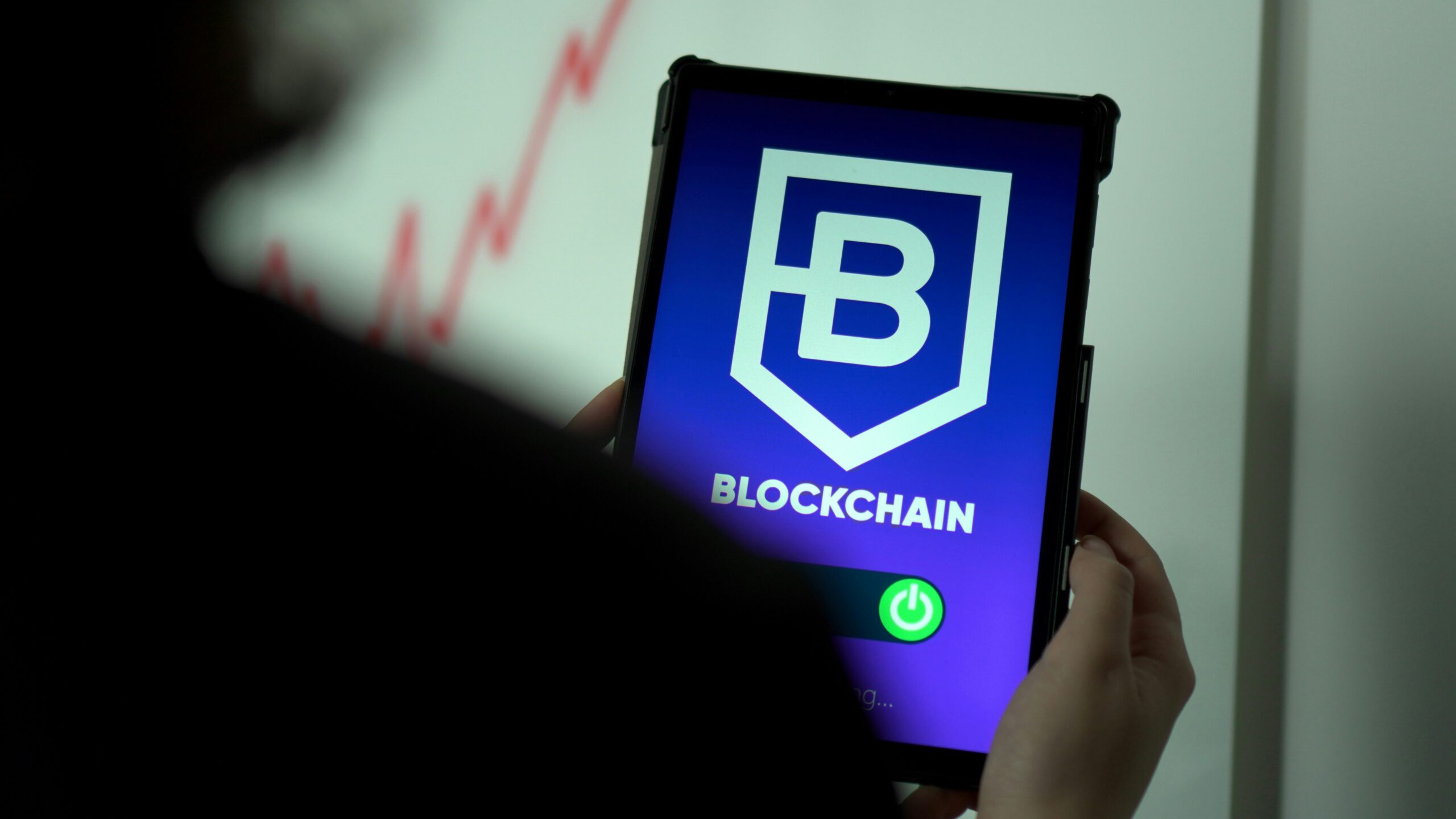10 Everyday Uses Of Blockchain Technology
In the ever-evolving landscape of technology, blockchain has emerged as a game-changer with various everyday applications. In fact, blockchain, originally developed for cryptocurrency, goes beyond digital currencies to revolutionise diverse sectors. For instance, its decentralised and secure nature makes it a perfect fit for enhancing transparency in supply chain management. Additionally, blockchain is finding another application in healthcare, ensuring the integrity and accessibility of medical records.
Moreover, the advantages of blockchain are not limited to specific industries but extend to various aspects of our daily lives. In other words, its potential is vast, offering solutions to challenges like secure online voting systems, combating fraud, and protecting intellectual property. Furthermore, the decentralised nature of blockchain is not to mention, a key factor in creating a more secure and efficient financial ecosystem.
Altogether, the widespread use of blockchain is reshaping industries and transforming how we interact with digital systems. Whether it’s streamlining transactions, securing data, or enabling smart contracts, blockchain is making a marked impact. Regardless of the industry or sector, the applications of blockchain are increasingly becoming a beacon of innovation and reliability.
What Is Blockchain?
Blockchain is a decentralised and secure digital ledger that records transactions across multiple computers, ensuring transparency and security. In other words, it is a chain of blocks, each containing a list of transactions. Not to mention, once a block is added, it is linked to the previous one, forming an unalterable chain. For instance, this technology eliminates the need for intermediaries in various processes, from financial transactions to supply chain management. In addition, blockchain operates on a consensus mechanism, where participants agree on the validity of transactions. Altogether, it creates a tamper-resistant system, enhancing trust and efficiency across industries. Generally, blockchain’s impact is marked, offering innovative solutions to age-old challenges and unlocking new possibilities for the digital future.
In that case, the versatility of blockchain is evident as it continues to find new applications, contributing to a more secure and efficient digital landscape. According to the principles of blockchain, transparency, security, and decentralisation are not merely buzzwords; they’re the driving forces behind a technological revolution. As we explore further use cases, the potential for blockchain to reshape various industries remains an exciting and promising prospect.
10 Everyday Uses of Blockchain
1. Enhancing Supply Chain Transparency
Blockchain’s transformative impact on supply chain transparency is evident, marking a departure from traditional systems. In addition, it offers immutable ledgers that trace products through every stage, fostering trust and reliability. Furthermore, this transparency not only ensures the authenticity of products but also provides consumers with detailed insights into the production journey.
2. Revolutionising Healthcare Records
Blockchain’s role in healthcare extends beyond record-keeping; it revolutionises patient care by ensuring secure and accessible medical information. Additionally, the decentralised structure facilitates seamless data sharing among healthcare providers, enhancing collaboration for more effective treatments. Moreover, this revolution is not only limited to patient records but also extends to clinical trials and research data, promoting advancements in medical science.
3. Securing Online Voting Systems
Blockchain’s entry into the realm of online voting systems is a testament to its potential in ensuring election integrity. In other words, it provides a secure platform that safeguards against manipulation and fraud, bolstering trust in democratic processes. Additionally, the decentralised nature of blockchain technology eliminates the risk of a single point of failure, making the system resilient and trustworthy.
4. Combating Fraud in Financial Transactions
Blockchain’s decentralised ledger can play a pivotal role in combatting fraud in financial transactions. As a matter of fact, its tamper-resistant structure ensures the integrity of transactions, reducing the risk of fraudulent activities. Furthermore, by eliminating the need for intermediaries, blockchain streamlines financial processes, making them more efficient and cost-effective.
5. Protecting Intellectual Property
Blockchain’s application in protecting intellectual property marks a ground-breaking advancement in the digital era. For instance, it provides an incorruptible record of ownership, offering creators unparalleled security for their innovations. Moreover, this protection extends to various creative works, including music, art, and literature, fostering a more secure environment for artistic expression. In addition, the decentralised nature of blockchain ensures that the ownership rights are unequivocal and unassailable.
6. Streamlining Financial Transactions
Blockchain can streamline financial transactions by offering a decentralised and efficient system. This goes beyond the well-known but somewhat controversial topic of cryptocurrency. For instance, it reduces the need for intermediaries, cutting costs and speeding up processes. Furthermore, this streamlining not only benefits businesses but also empowers individuals, providing faster and more accessible financial services. Altogether, it marks a significant shift towards a more inclusive and seamless financial ecosystem.
7. Empowering Smart Contracts
Smart contracts, powered by blockchain, empower users by automating contractual agreements without intermediaries. In addition, they ensure that terms are executed transparently and efficiently. Furthermore, this empowerment not only reduces the likelihood of disputes but also fosters a trustful environment for digital transactions. As a matter of fact, the versatility of smart contracts is evident, ranging from real estate transactions to digital rights management.
8. Ensuring Data Integrity in Cloud Storage
Blockchain ensures data integrity in cloud storage, offering an added layer of security against unauthorised access and tampering. Furthermore, this ensures that stored data remains unaltered and trustworthy. In the light of recent concerns about data breaches, blockchain’s contribution to data security becomes even more critical. Equally, it addresses the challenges posed by centralized storage solutions, providing a decentralised alternative that emphasises security and transparency.
9. Transforming Cross-Border Payments
Blockchain transforms cross-border payments by offering a faster, more transparent, and cost-effective alternative. In other words, it eliminates unnecessary delays, reducing transaction costs for businesses and individuals alike. Additionally, this transformation benefits global commerce by facilitating smoother international transactions. As a matter of fact, it bridges the gaps in traditional banking systems, creating a more connected and efficient global financial network.
10. Revitalising Loyalty Programs
Blockchain could revitalise loyalty programs by introducing transparency and traceability to reward systems. For instance, it ensures that customers receive fair and equitable benefits for their loyalty. Additionally, this revitalisation not only benefits consumers but also provides businesses with valuable insights into customer preferences. Still, it introduces a new era for loyalty programs, aligning the interests of both parties for a mutually rewarding relationship.
Final Thoughts
Blockchain’s transformative potential is without a doubt, reshaping industries and fostering innovation. Additionally, its decentralised nature eliminates the need for intermediaries, streamlining processes and reducing costs. In other words, blockchain is not just a technology; it’s a catalyst for positive change. As a matter of fact, its applications, from securing financial transactions to revolutionizing supply chains, showcase its versatility. Furthermore, the marked impact on data integrity and transparency makes blockchain an invaluable asset. In that case, as we look to the future, blockchain stands as a beacon of technological evolution, promising continued advancements and ground-breaking solutions. Accordingly, the journey of blockchain unfolds, and the possibilities it holds are correspondingly limitless.
Sources and Further Reading:
IBM, “What is blockchain technology?”
McKinsey & Company, “What is blockchain?”
pwc, Bitcoin, cryptocurrency, blockchain… So what does it all mean?
WIPO Magazine, “Blockchain and IP Law: A Match Match made in Crypto Heaven?”
Written with Support from ChatGPT by OpenAI

